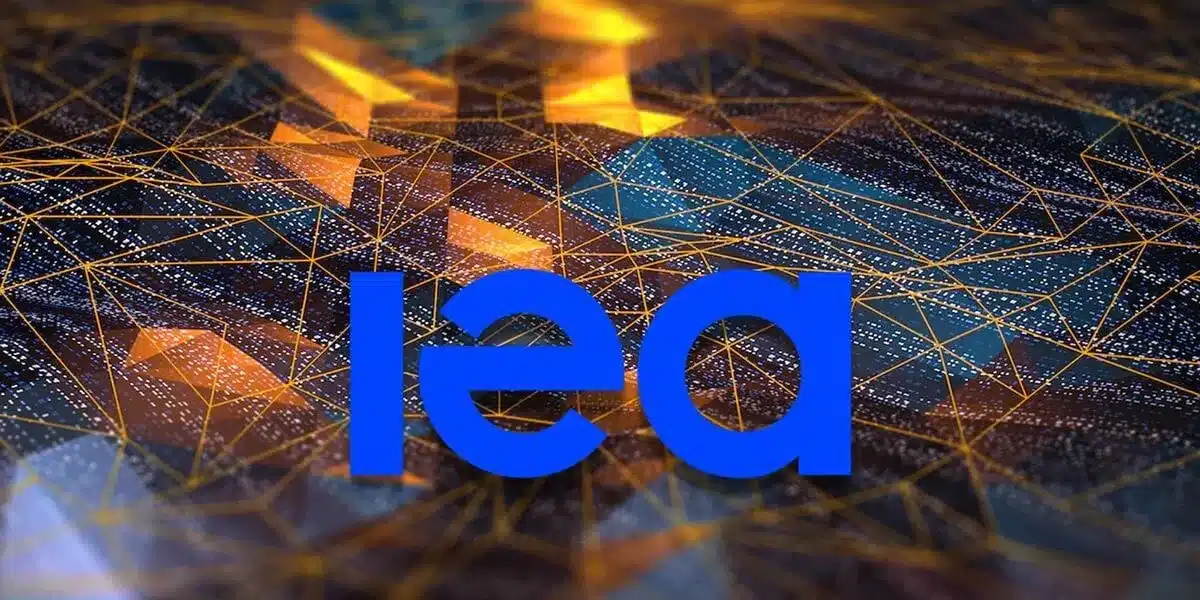About International Energy Agency (IEA):
- It is an autonomous intergovernmental organisation within the OECD framework.
- It works with governments and industry to shape a secure and sustainable energy future for all.
- The IEA was established in 1974, in the wake of the 1973-1974 oil crisis, to help its members respond to major oil supply disruptions, a role it continues to fulfill today.
- IEA’s mandate has expanded over time to include tracking and analyzing global key energy trends, promoting sound energy policy, and fostering multinational energy technology cooperation.
- The IEA has four main areas of focus: energy security, economic development, environmental awareness, and engagement worldwide.
- It consists of 31 member countries and eleven association countries.
- A candidate country to the IEA must be a member country of the Organisation for Economic Co-operation and Development (OECD).
- Criteria for membership:
- Crude oil and/or product reserves are equivalent to 90 daysof the previous year’s net imports, to which the government has immediate access (even if it does not own them directly) and could be used to address disruptions to global oil supply.
- A demand restraint programmeto reduce national oil consumption by up to 10%.
- Legislation and organisation to operate the Co-ordinated Emergency Response Measures (CERM) on a national basis.
- Legislation and measures to ensure that all oil companies under its jurisdiction report information upon request.
- Measures are in place to ensure the capability of contributing its share of an IEA collective action.
- India joined this organization in 2017 as an Associate member.
- The IEA periodically conducts extensive analysis of member countries’ energy policies.
- Reports published by IEA: World Energy Outlook, World Energy Balances, Energy Technology Perspectives, World Energy Statistics and Net Zero by 2050.
Q1: What is OECD?
It is an international organisation of 38 countries committed to democracy and the market economy. OECD members are typically democratic countries that support free-market economies. The OECD was established on Dec. 14, 1960, by 18 European nations, plus the United States and Canada. The stated goal of the Organisation for Economic Co-operation and Development (OECD) is to shape policies that foster prosperity, equality, opportunity and well-being for all.
Source: At major IEA conference, decision-makers from tech, energy and government underscore AI’s implications for energy security and transitions
Last updated on June, 2025
→ UPSC Notification 2025 was released on 22nd January 2025.
→ UPSC Prelims Result 2025 is out now for the CSE held on 25 May 2025.
→ UPSC Prelims Question Paper 2025 and Unofficial Prelims Answer Key 2025 are available now.
→ UPSC Calendar 2026 is released on 15th May, 2025.
→ The UPSC Vacancy 2025 were released 1129, out of which 979 were for UPSC CSE and remaining 150 are for UPSC IFoS.
→ UPSC Mains 2025 will be conducted on 22nd August 2025.
→ UPSC Prelims 2026 will be conducted on 24th May, 2026 & UPSC Mains 2026 will be conducted on 21st August 2026.
→ The UPSC Selection Process is of 3 stages-Prelims, Mains and Interview.
→ UPSC Result 2024 is released with latest UPSC Marksheet 2024. Check Now!
→ UPSC Toppers List 2024 is released now. Shakti Dubey is UPSC AIR 1 2024 Topper.
→ Also check Best IAS Coaching in Delhi
























